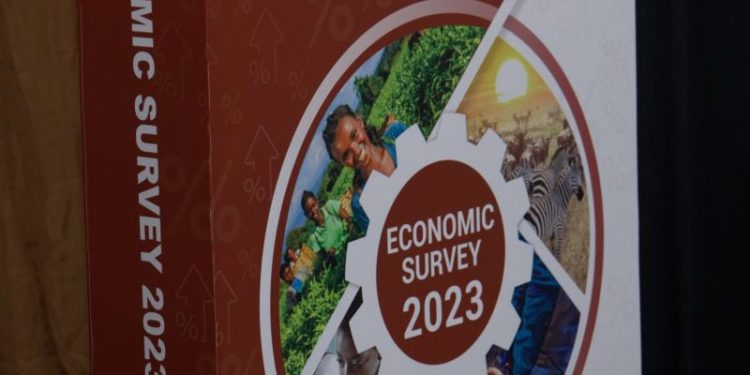Economic Survey report released on May 3 by the Kenya National Bureau of Statistics is a rich document in which it notes where the country is coming from and where it is likely headed. The data is rich but only makes sense if officials can interpret it.
Many would want to only read the state of the economy in the 2022 economic survey, but there are so many truths in there that can change the course of the country.
The country’s trade deficit is at a whooping Kshs 1.6 trillion. We sell to the world items worth Kshs 800 billion but buy goods and services valued at Kshs 2.4 trillion. This is a pointer that the government is backing the wrong horse in terms of manufacturing policies and value addition.
A good example is the case of the Trade Cabinet Secretary Moses Kuria ranting about a Chinese investor selling wares cheaper than folks at Gikomba and Nyamakima. The good CS does not exude equal vigour in selling the mantra “Buy Kenya Build Kenya.”
Read: What You Need to Know Inside Finance Bill 2023
One is left to wonder how the country will even halve the trade deficit when we are in Zambia trying to farm maize instead of manufacturing fertiliser locally to reduce the cost of production.
More Kenyans are turning to stealing and this could be the result of the unbearable cost to living. Mental health is a big issue but to officials it’s just data. The leaders Kenyans depend on may not read and analyse such literature to make lives better and the future brighter.
The report says the drop in growth is the result of the Russia Ukraine war, effects of the Covid-19 pandemic and the drought experienced last year. Whereas there is little the country can do with regards to the war, the uncertainty of the pandemic have lessened significantly and the challenge for the leaders is how to stop relying on rain-fed agriculture as the backbone of the economy.
Tea was the biggest commodity we sold to the world. The quantity dropped because of poor rains but its price rose as a result the country sold more compared to the previous year. As a country, we need mitigation policies against poor rains.
Email your news TIPS to editor@thesharpdaily.com


















